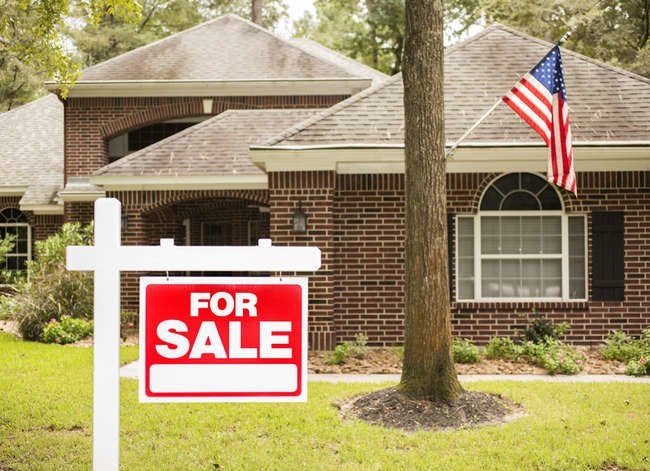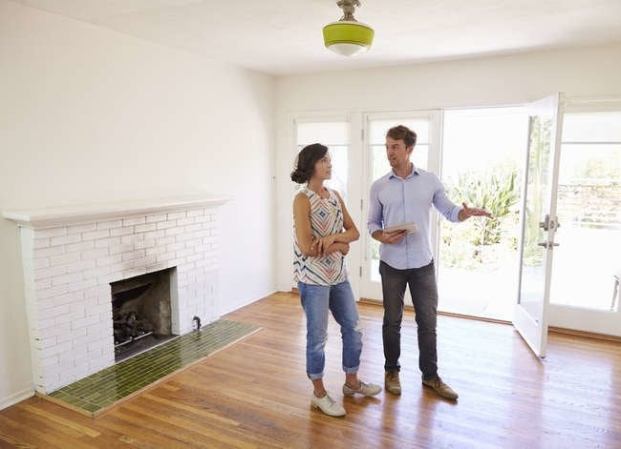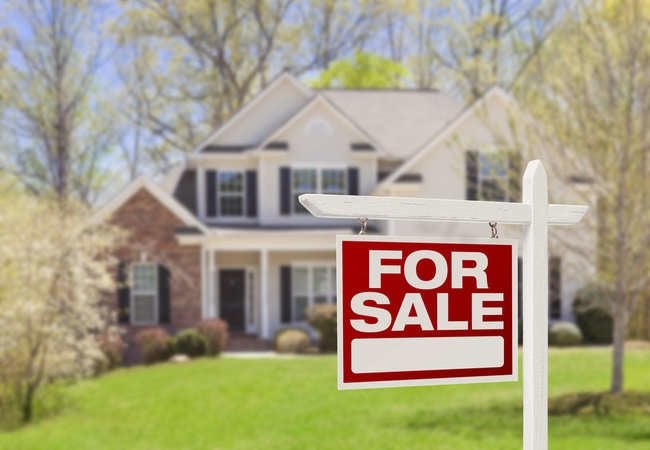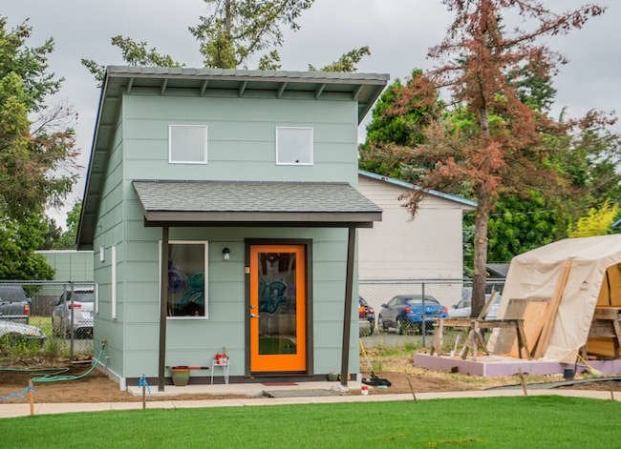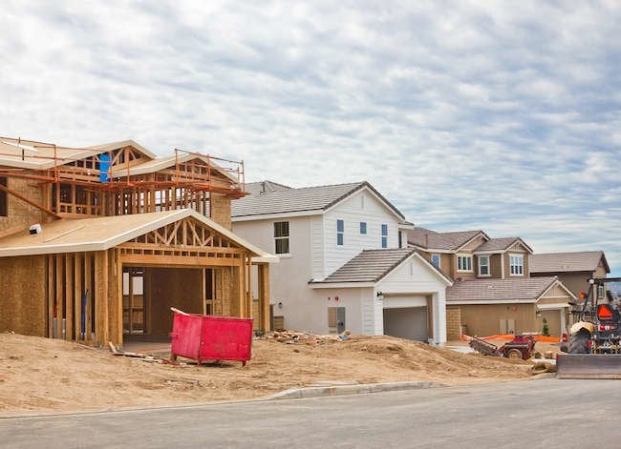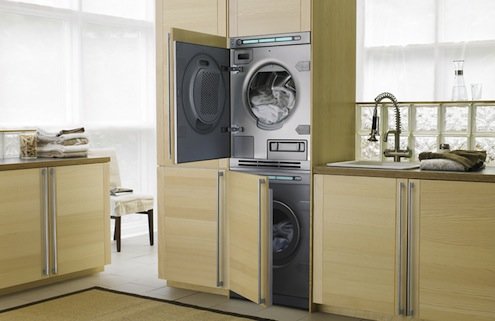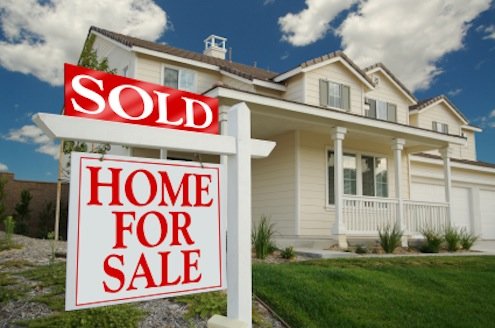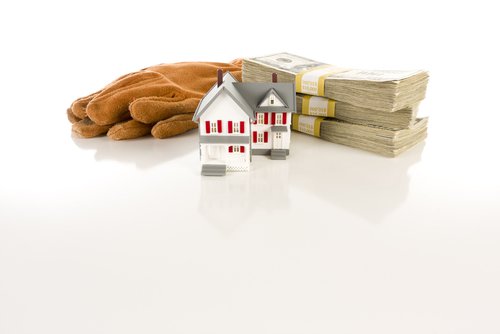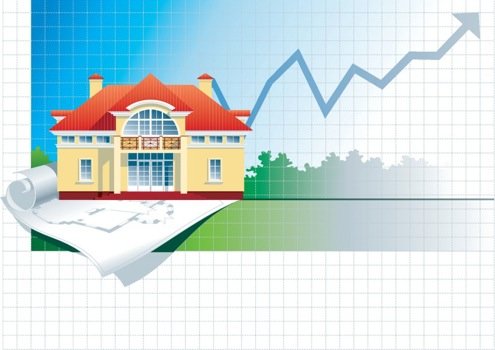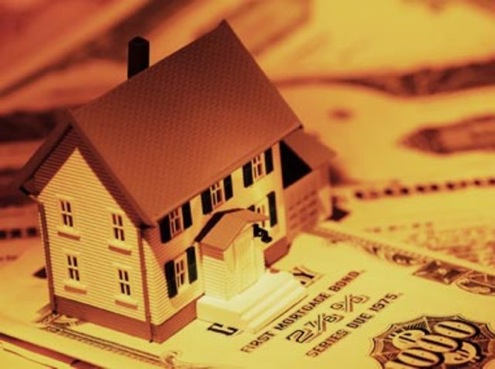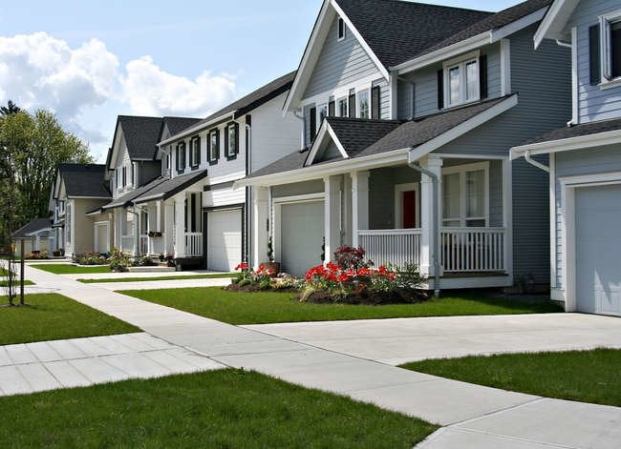We may earn revenue from the products available on this page and participate in affiliate programs. Learn More ›
Are you aware of the costs associated with homeownership?

Renters pay a set amount of rent and sometimes utility costs, but homeowners pay a monthly mortgage, utility bills, property taxes, and homeowners insurance costs as well as all maintenance and repair expenses for their house. Property taxes and insurance alone can easily add $2,500 to $5,000 per year—and in some places vastly more than that—depending on local tax laws. To get a better sense of the factors that come into play, check out Bankrate’s Rent Vs. Buy Calculator.
Do you have a substantial down payment?

To obtain a conventional loan, you’ll need to put down at least 3 percent of the cost of the house, and some lenders require even more. The larger your down payment, the less you’ll pay in financing charges. If you have a 20 percent down payment, you won’t have to pay private mortgage insurance (PMI), which can add as much as $2,000 per year to the cost of a $200,000 loan. In addition, for 2018 (at least as of this writing), PMI is no longer deductible on your income taxes.
Are you nearly debt-free?

When you apply for a mortgage, the lender will compare your monthly income with your current monthly payments, such as credit card, auto loan, and student loan payments. This will determine your debt-to-income ratio. In many cases, you won’t be approved for a mortgage if your monthly payments (including the new mortgage payment) would exceed 43 percent of your monthly income. If your debt-to-income ratio is too high, your best option is to keep renting and pay down your debts.
Do you plan on living in the house for about five years?
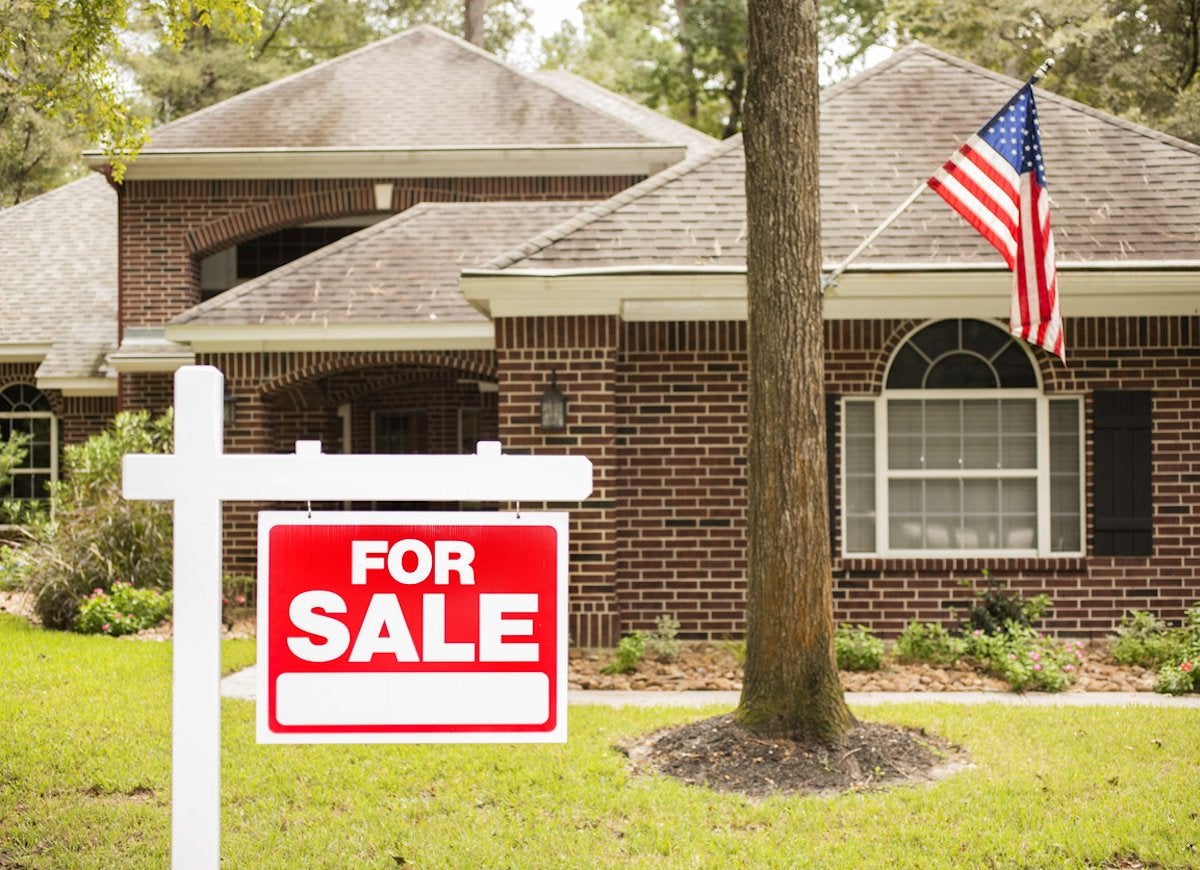
In general, you should plan to live in a house for three to five years before selling in order to break even on home purchase costs. This depends, of course, on how quickly home values are rising in your area, but in most cases it takes a few years to recoup all the transaction costs, including real estate agent commissions, closing costs, and mortgage fees. If you can’t commit to living in a house for at least three years, it will probably be to your financial advantage to continue renting.
Do you have children?

If you’re ready to start a family, or if you already have children, buying a house offers the stability of being able to stay in the same school district rather than having to change schools if a landlord terminates your rental lease. One of the biggest reasons parents buy homes is to provide their families with a sense of community and to allow their children to form lasting friendships. While owning a house isn’t essential for raising well-adjusted kids, it’s still deeply valued by most American parents.
Are you prepared for house repair costs?
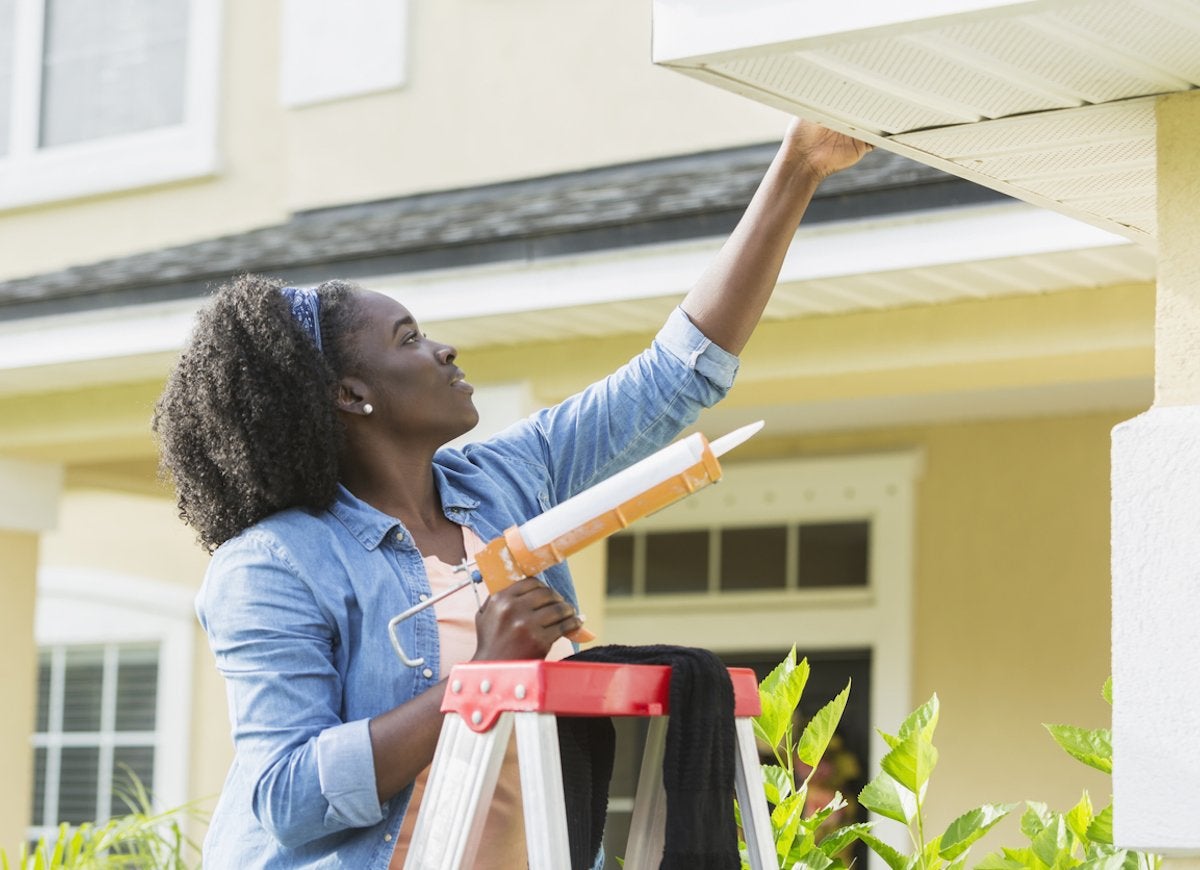
If the washing machine breaks when you’re renting, the landlord is responsible for fixing it. But when you own your own house, all repair and maintenance costs come out of your pocket. New appliances can run anywhere from about $400 for a bottom-of-the-line washing machine to upwards of $18,000 for a new HVAC system. Have a plan in place to pay for those surprise expenses before you terminate your rental agreement.
Do you have a healthy credit score?
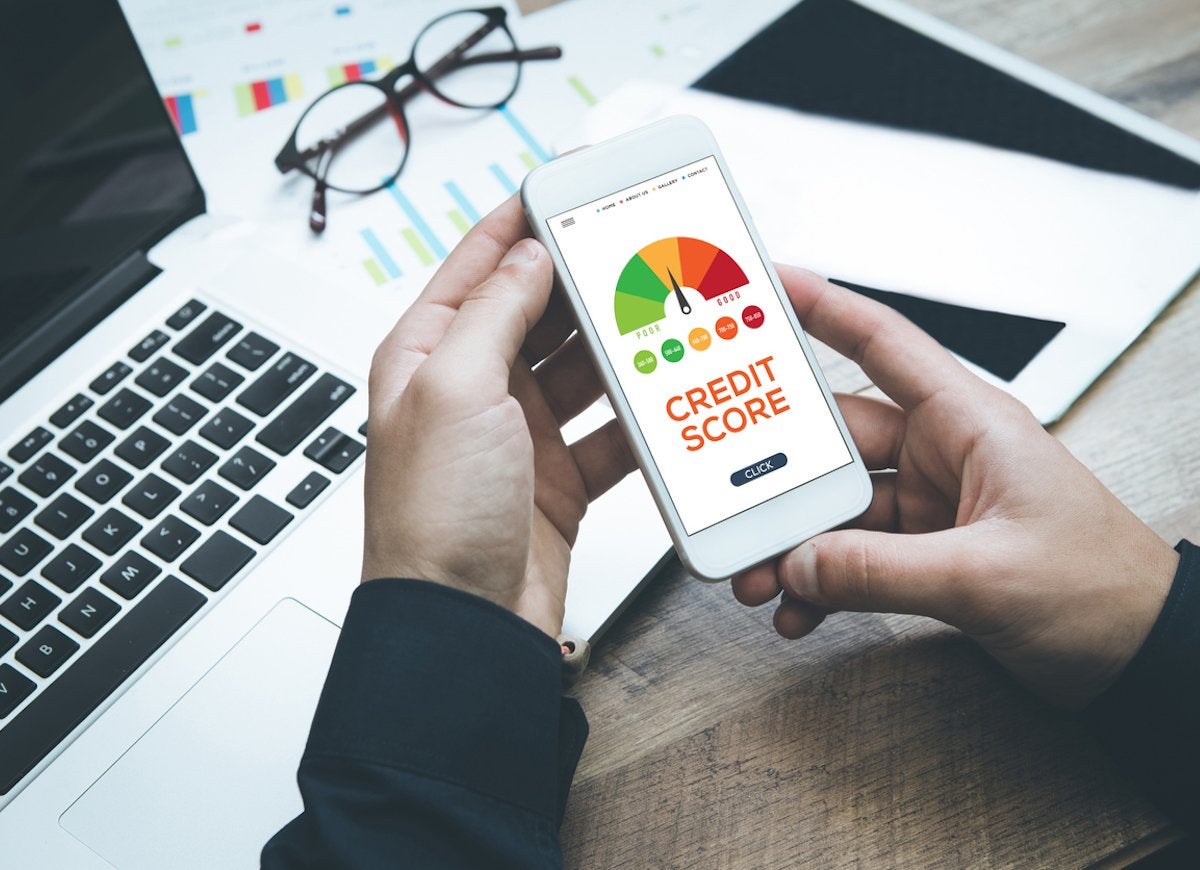
Credit bureaus collect your debt-paying history and award you a credit score (a number between 300 and 850) depending on how conscientious you’ve been in paying your bills. You’ll probably need a credit score higher than 580 to be considered for a home loan. In addition, the higher your score, the less your lender will require as a down payment. High credit scores also earn lower mortgage interest rates. If your score is low (find out by getting a free credit report here from Experian), you can work to raise it by paying off old debts and making all payments on time.
Have you been employed for a minimum of two years?

When you apply for a home mortgage, the lender will ask for proof of your past two years of income. You’ll need to supply copies of your tax returns and/or pay stubs to confirm your employment history. If you haven’t been working that long, consider renting and saving until you have at least two years under your belt. Be aware that in addition to requiring a certain length of employment, a lender may also want you to have worked at the same job for a minimum of six months.
Are you into remodeling and renovation?
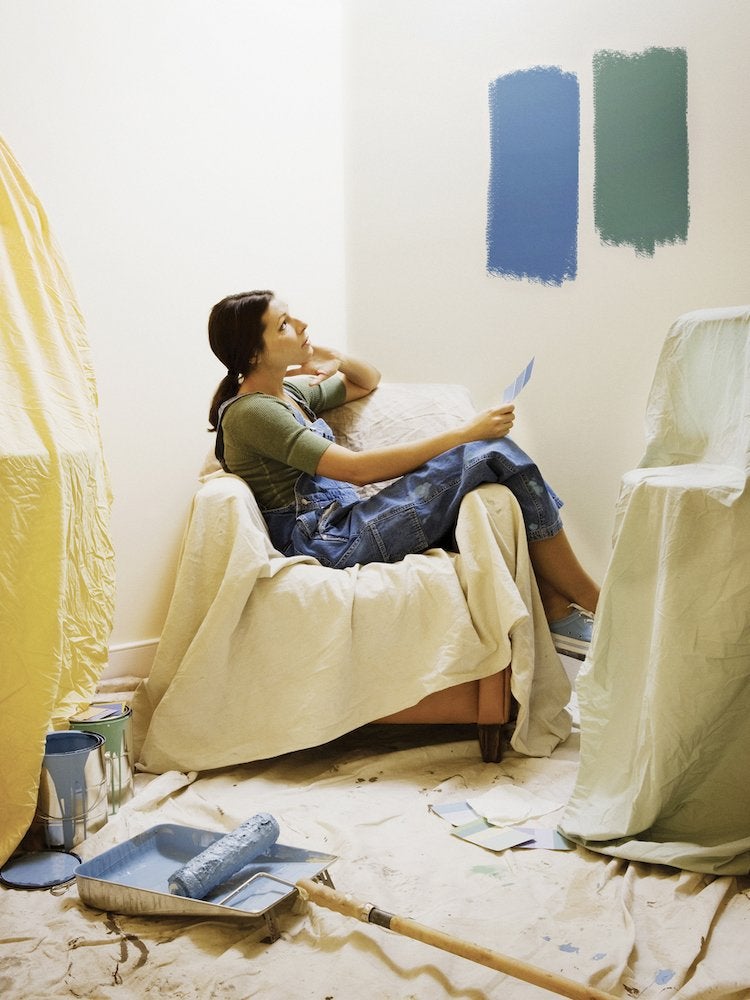
No matter how drab or outmoded your rented house or apartment might be, odds are your lease doesn’t allow you to update it—and that can be a real drag if you’re big into decorating or renovating. When you own your own house, however, you have the freedom to satisfy all those remodeling urges. So, if you long to shape your own home and you answered “yes” to the previous questions, what are you waiting for? It’s time to start house-hunting.
Related: 10 Reasons Why I Should Have Never Bought That Fixer-Upper!
Do you know what home values are doing?

Even if your financial ducks are all in a row and you’re ready to commit to homeownership, you need to make sure you buy a house that will increase in value in the coming years. Pay attention to national housing trends and research the community where you plan to buy. If it’s growing and expected to continue to grow, and if home values are on an upswing, buying a house may be a smart financial investment. On the other hand, if home values are dropping and job prospects are bleak, you’re probably better off renting.
